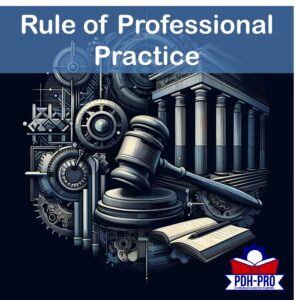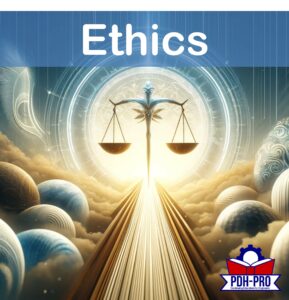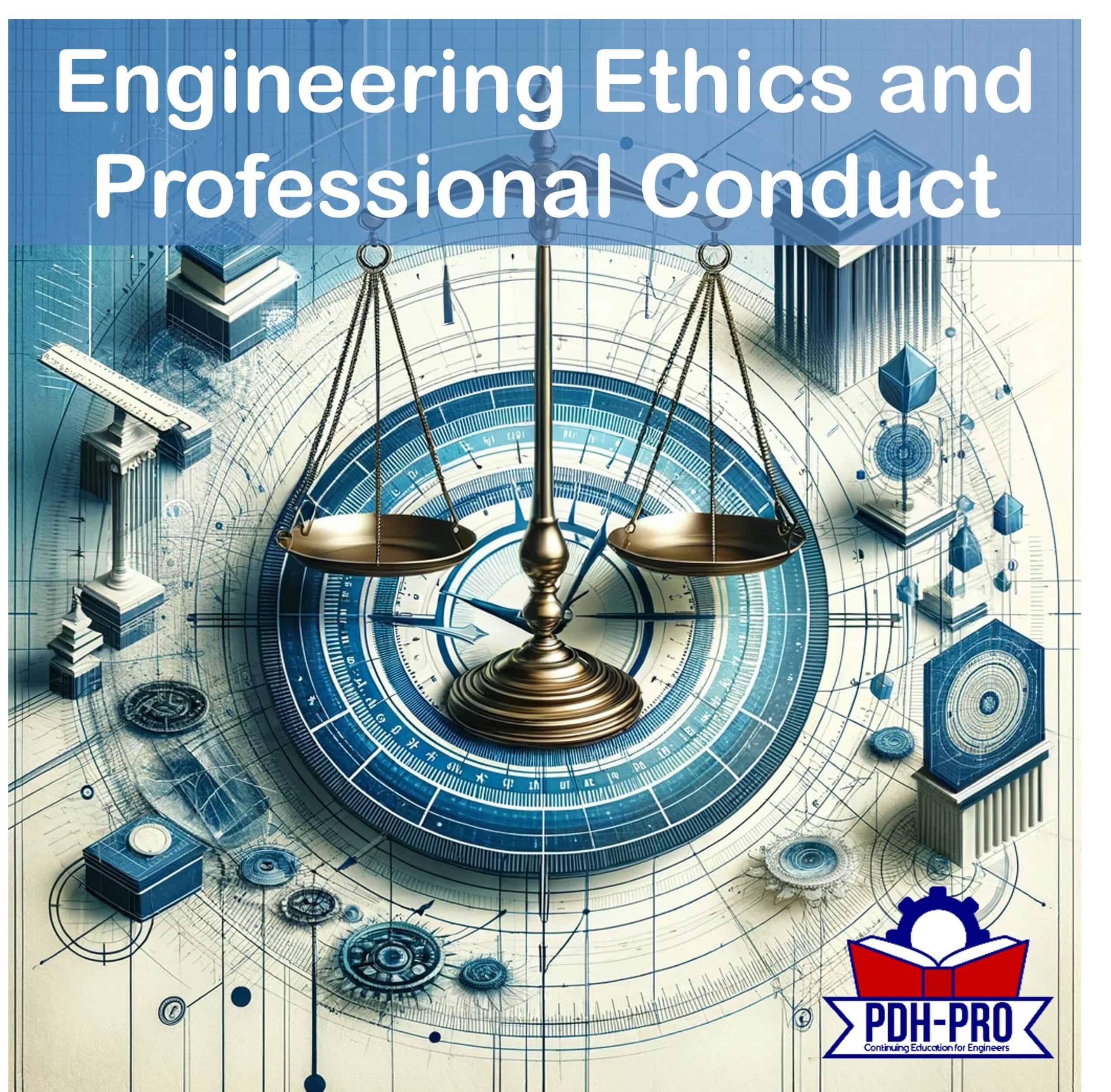Engineering Ethics and Professional Conduct
As with all other professions, engineering has a particular set of ethics that its members must follow. This commitment to ethical behavior, along with a strict professional conduct, is what makes engineering such a revered and respected facet of our lives. Engineering ethics and professional conduct are the back bone of engineering.
The Profession is Built on Trust
Engineering requires the utmost honesty, fairness, impartiality, and even equity. A person dedicated to engineering must display these qualities and uphold the protection of health and safety of the public. They must also operate under a set of professional standards that must be followed to the highest degree.
Engineering ethics and professional conduct were formally encoded by the Engineers’ Council for Professional Development- Founder Societies in 1932. These were given the name of the Canons of Ethics for Engineers. The Importance of Engineering to Society can not be over emphasized. A critical part of the profession’s importance is the trust and respect that have been developed from its commitment to ethical behavior.
We live in a society that has advanced off the laurels of engineering marvels. Though it might be one of the less fabulous and extravagant fields to look at, this profession is the reason we are advancing as a species. Engineering is often considered an ‘under the hood’ profession as many of the engineering marvels we have today are hidden behind some sort of covering.
Ethical Behavior at Work in Technology
Designers, developers, physicists, software engineers all rely on engineers to make their theoretical work into reality. A great example of this is the home computer. It is the success of many engineers over many decades. They have managed to affix so many components in such a tiny space and made them all work together. Yet all this work is hidden behind a computer case, out of sight.
This is one of the reasons why engineering work is taken for granted so much. But this is not necessarily a bad thing. This complacency is built of a blind trust. A blind trust that all engineers, regardless of their profession must maintain. A failure in blind trust of engineers might lead to a lack of trust in engineering products that are or might be important to society. This trust pertains to other professions such as the medical community.
Fundamental Canons of Engineering
These are the same engineering ethics outlined by the respected Council in 1932.
Engineers, in the fulfilment of their professional duties, shall:
- Hold paramount the safety, health, and welfare of the public.
- Perform services only in areas of their competence.
- Issue public statements only in an objective and truthful manner.
- Act for each employer or client as faithful agents or trustees.
- Avoid deceptive acts.
- Conduct themselves honorably, responsibly, ethically and lawfully so as to enhance the honour, reputation and usefulness of the profession.
These are the Fundamentals of engineering ethics and professional conduct. They are as true today as they were almost a century ago.
Rule of Professional Practice
 These are the extension to the fundamental ethics of engineering. Each article of the fundamental points is explained by 5-6 sub-articles.
These are the extension to the fundamental ethics of engineering. Each article of the fundamental points is explained by 5-6 sub-articles.
Engineers shall hold paramount the safety, health, and welfare of the public.
- If engineer’s judgement is overruled under circumstances that endanger life or property, they shall notify their employer or client or such other authority as may be appropriate.
- Engineers shall not reveal facts, data, or information without the prior consent of the client or employer except as authorized or required by law or this Code.
- Engineers shall not permit the use of their name or associate in business ventures with any person or firm that they believe is engaged in fraudulent or dishonest enterprise.
- Engineers shall not aid or abet the unlawful practice of engineering by a person or firm.
- Engineers having knowledge of any alleged violation of this Code shall report thereon to appropriate professional bodies and, when relevant, also to public authorities, and cooperate with the proper authorities in furnishing such information or assistance as may be required.
Professional Conduct for PEs
Professional Conduct refers to how an engineer displays themselves in a professional environment. They are required to uphold the highest degree of professional standards. The fundamental professional conduct is as follows:
- Engineers shall be guided in all their relations by the highest standards of honesty and integrity.
- Engineers shall at all times strive to serve the public interest.
- Engineers shall avoid all conduct or practice that deceives the public.
- Engineers shall not disclose, without consent, confidential information concerning the business affairs or technical processes of any present or former client or employer, or public body on which they serve.
- Engineers shall not be influenced in their professional duties by conflicting interests.
- Engineers shall not attempt to obtain employment or advancement or professional engagements by untruthfully criticizing other engineers, or by other improper or questionable methods.
- Engineers shall not attempt to injure, maliciously or falsely, directly or indirectly, the professional reputation, prospects, practice, or employment of other engineers. Engineers who believe others are guilty of unethical or illegal practice shall present such information to the proper authority for action.
- Engineers shall accept personal responsibility for their professional activities, provided, however, that engineers may seek indemnification for services arising out of their practice for other than gross negligence, where the engineer’s interests cannot otherwise be protected.
- Engineers shall give credit for engineering work to those to whom credit is due, and will recognize the proprietary interests of others.
Professional conduct is highly important to the progress of engineering and society as a whole. Professional conduct dictates how engineers handle themselves and situations around them in a business environment. This business environment is the link between the worlds of engineering and the world of the public.


It’s good to see someone who understands that this profession is built on trust. Too often engineers are taken for granted. Without the integrity of the engineering profession, the whole thing just falls apart.
Thanks for sharing. I routinely read your blog posts.